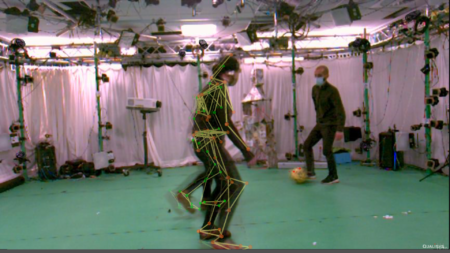Elon Musk’s space tech company SpaceX is rapidly advancing towards its goal of establishing Starlink – a massive satellite network…
Browsing: The Conversation
Teenagers are often accused of being addicted to their mobile devices, but new research shows they’re often just modelling their parents’ behaviour.…
An art prize at the Colorado State Fair was awarded last month to a work that – unbeknown to the judges –…
A glowing blob known as “the cocoon”, which appears to be inside one of the enormous gamma-ray emanations from the…
From the COVID-19 pandemic to the war in Ukraine, misinformation is rife worldwide. Many tools have been designed to help people…
In a recent Premier League game, Manchester United went 2-0 up when striker Marcus Rashford ran on to a pass…
Space is a hostile, extreme environment. It’s only a matter of time before ordinary people are exposed to this environment,…
Our Sun has a rather lonely existence in the Milky Way galaxy. It sits on its own, four light years…
Doomscrolling can be a normal reaction to living through uncertain times. It’s natural to want to understand dramatic events unfolding…
The metaverse is a virtual online world that people can access in a variety of ways, including through virtual and…










